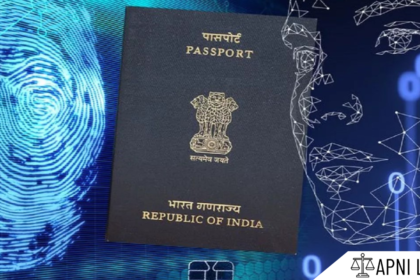Section 213 CrPC: When Manner of Committing Offence Must Be Stated
Section 213 of the Code of Criminal Procedure, 1973 (CrPC) deals with the requirement of stating the manner in which an offence has been committed in a charge sheet.
Explanation:
This section states that when the manner of committing an offence is a material ingredient in the offence, the charge sheet must specify the manner in which the offence is alleged to have been committed. This ensures that the accused is aware of the specific allegations against them and can properly prepare their defence.
Illustration:
Case 1: In a murder case, the charge sheet should specify whether the accused murdered the victim by stabbing, shooting, poisoning, or any other means.
Case 2: In a case of theft, the charge sheet should specify how the accused stole the property, e.g., by breaking into the house, by picking the lock, by snatching the property from the victim, etc.
Common Questions and Answers:
Q: What happens if the charge sheet does not specify the manner of committing the offence?
A: The accused can challenge the charge sheet on the grounds that it does not comply with the requirements of Section 213. This can lead to the charge sheet being amended or rejected.
Q: Does this section apply to all offences?
A: No, it only applies to offences where the manner of committing the offence is a material ingredient in the offence. For example, in a case of simple assault, the manner of committing the assault is not a material ingredient and need not be specified in the charge sheet.









